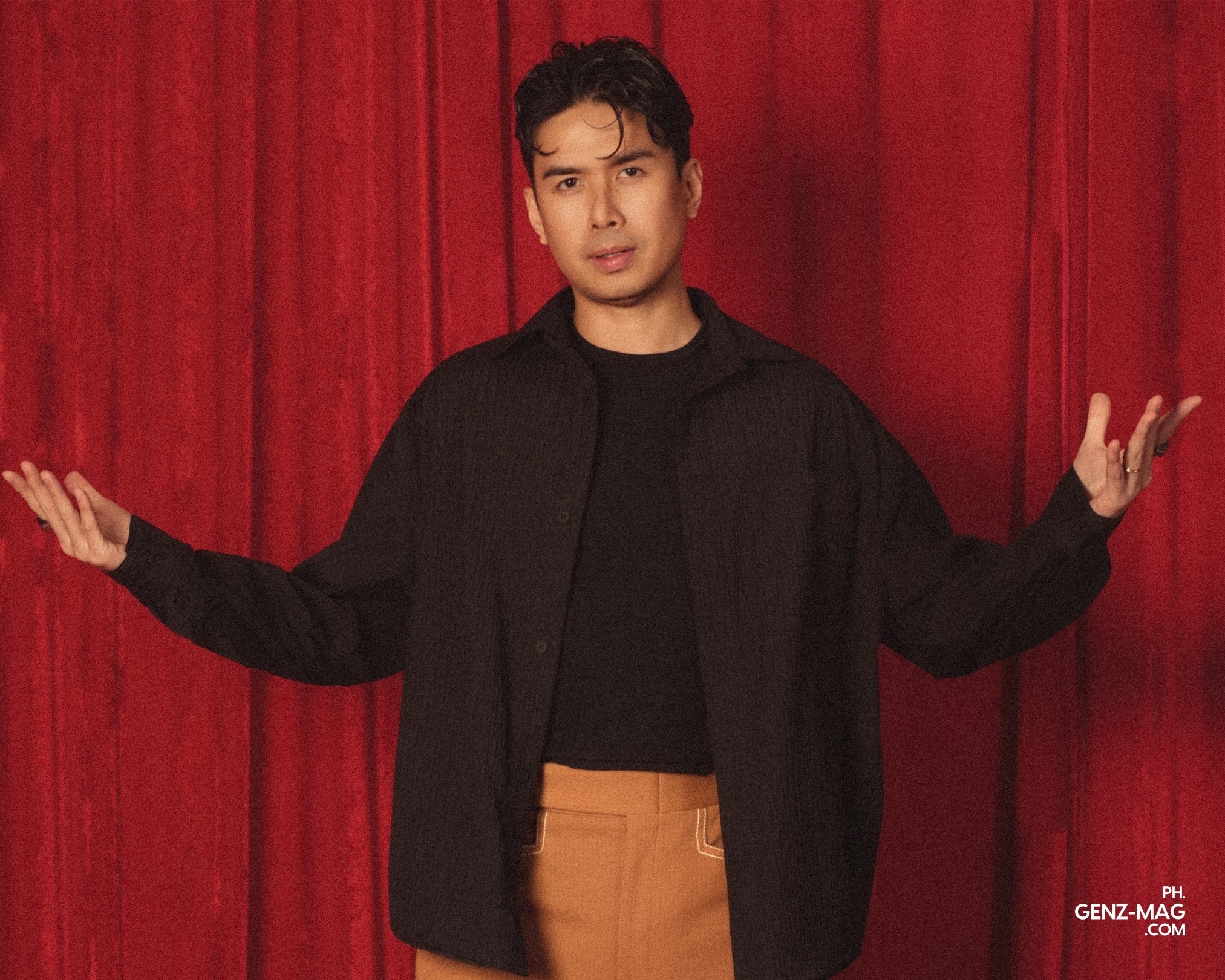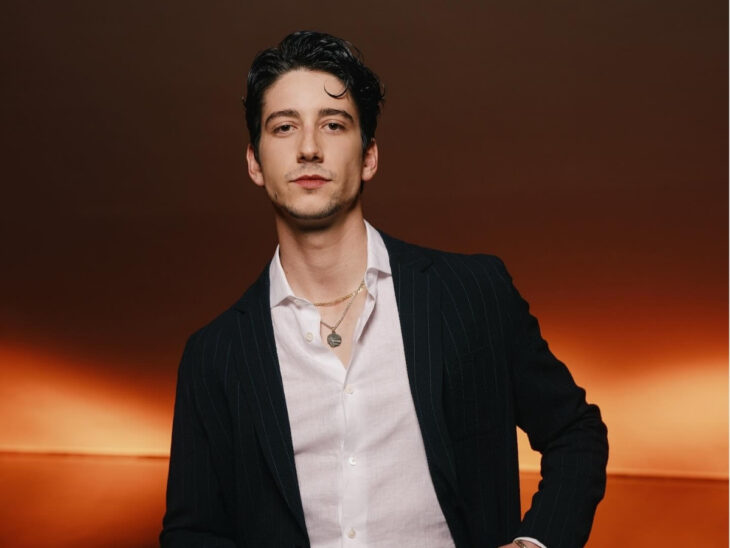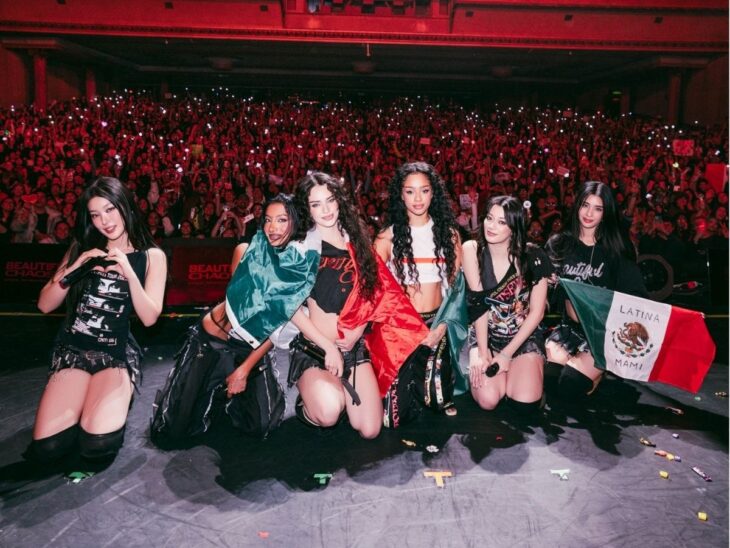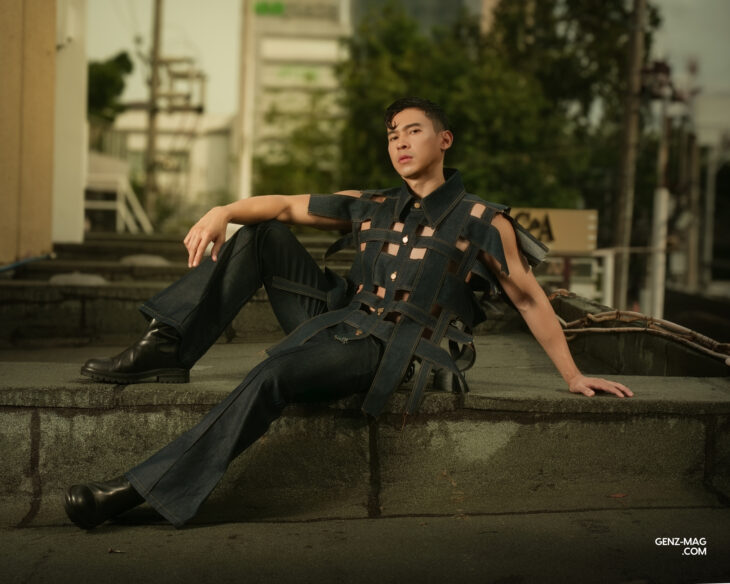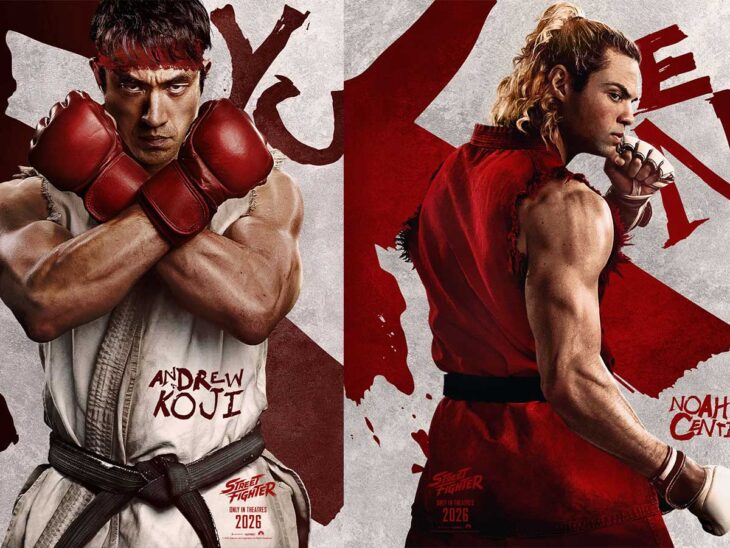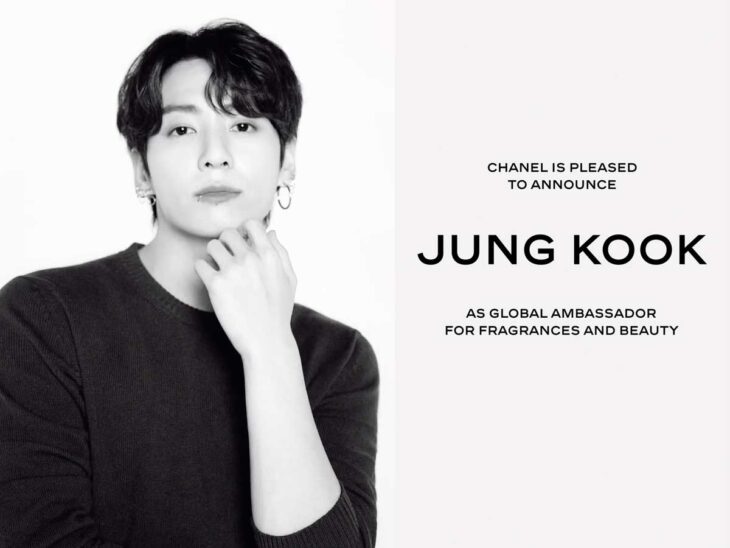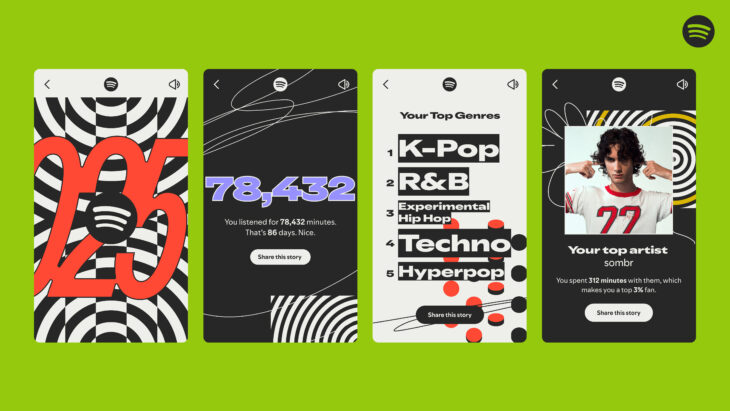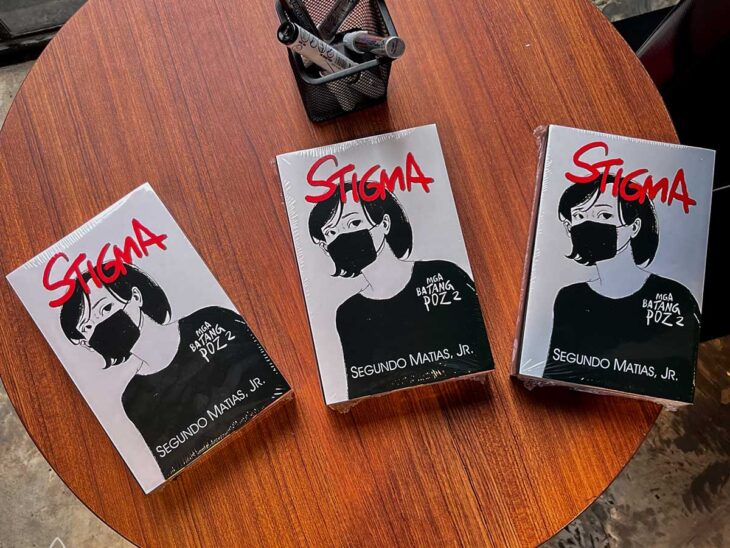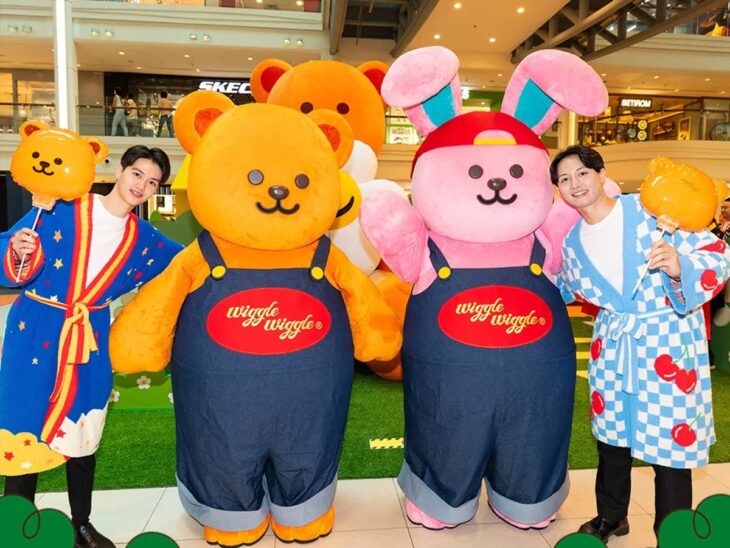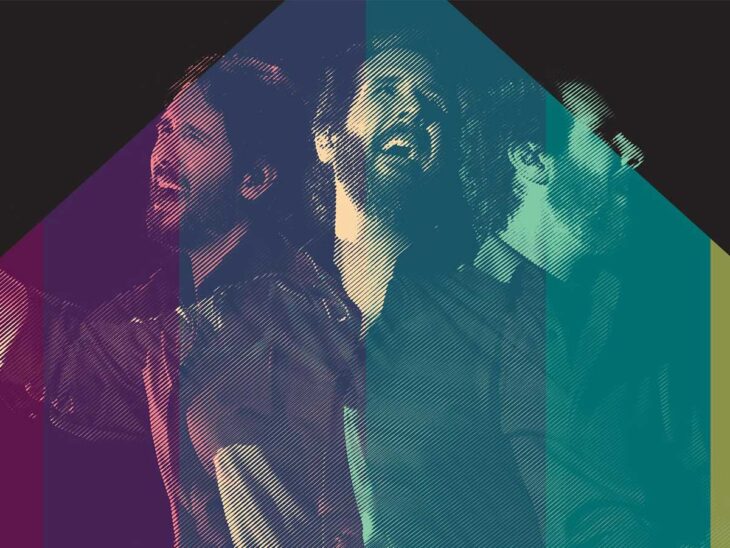There are so many versions of us that exist in a single lifetime. If you scroll long enough on Twitter or TikTok, you’ve probably stumbled on that classic Filipino meme: “Bawi na lang sa next life.” But here’s the thing: what most of us don’t always realize is that we actually get multiple chances in this life to recreate ourselves. We don’t have to wait for another lifetime. Reinvention, restarts, and rediscoveries happen here and now.
As we age, our definitions of things such as success, happiness, and fulfillment start to evolve. The things you used to obsess over might not matter as much anymore. The people you once thought you couldn’t live without might no longer be part of your inner circle. Even how you see yourself in the mirror changes. It’s not that you’ve become an entirely different person, but the shifts in perspective make you feel both distant from your younger self and closer to the person you were always meant to become.
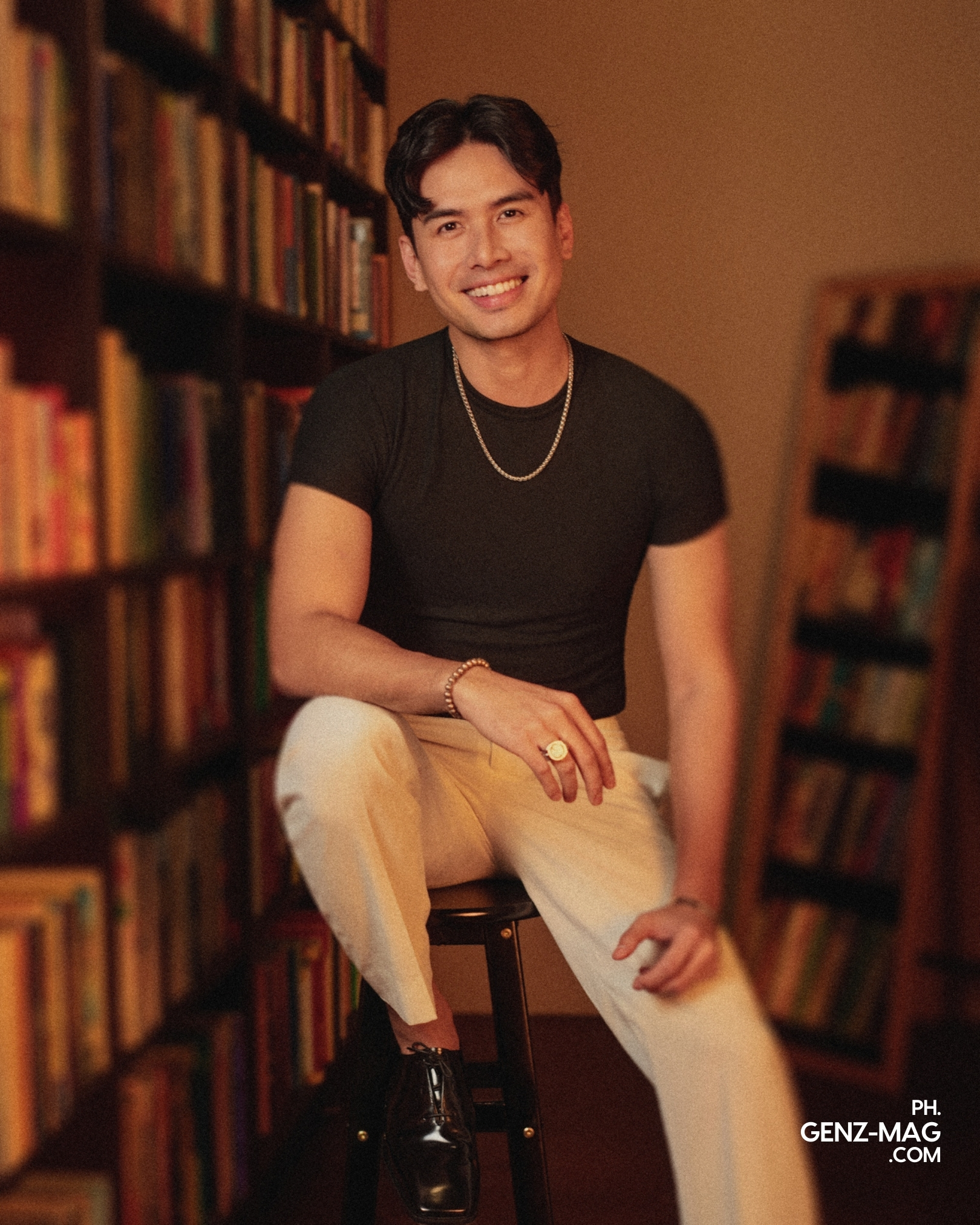
This doesn’t erase who you once were. The lessons, heartbreaks, little victories, and even cringe-worthy mistakes you’ve lived through—they’ve all played a huge role in shaping who you are today. It’s a cycle of constant becoming. And if there’s one person in Philippine music who embodies this idea of reinvention and uniqueness, it’s Christian Bautista.
For more than two decades, Christian has sung his way into people’s hearts as Asia’s Romantic Balladeer. From theater to reality show contestant, from hitmaker to mentor, from ballads to livestreaming, he’s lived multiple creative lives. And through all these seasons, he’s discovered that the key to longevity is reinvention—an openness to change, while staying true to what makes him uniquely who he is.
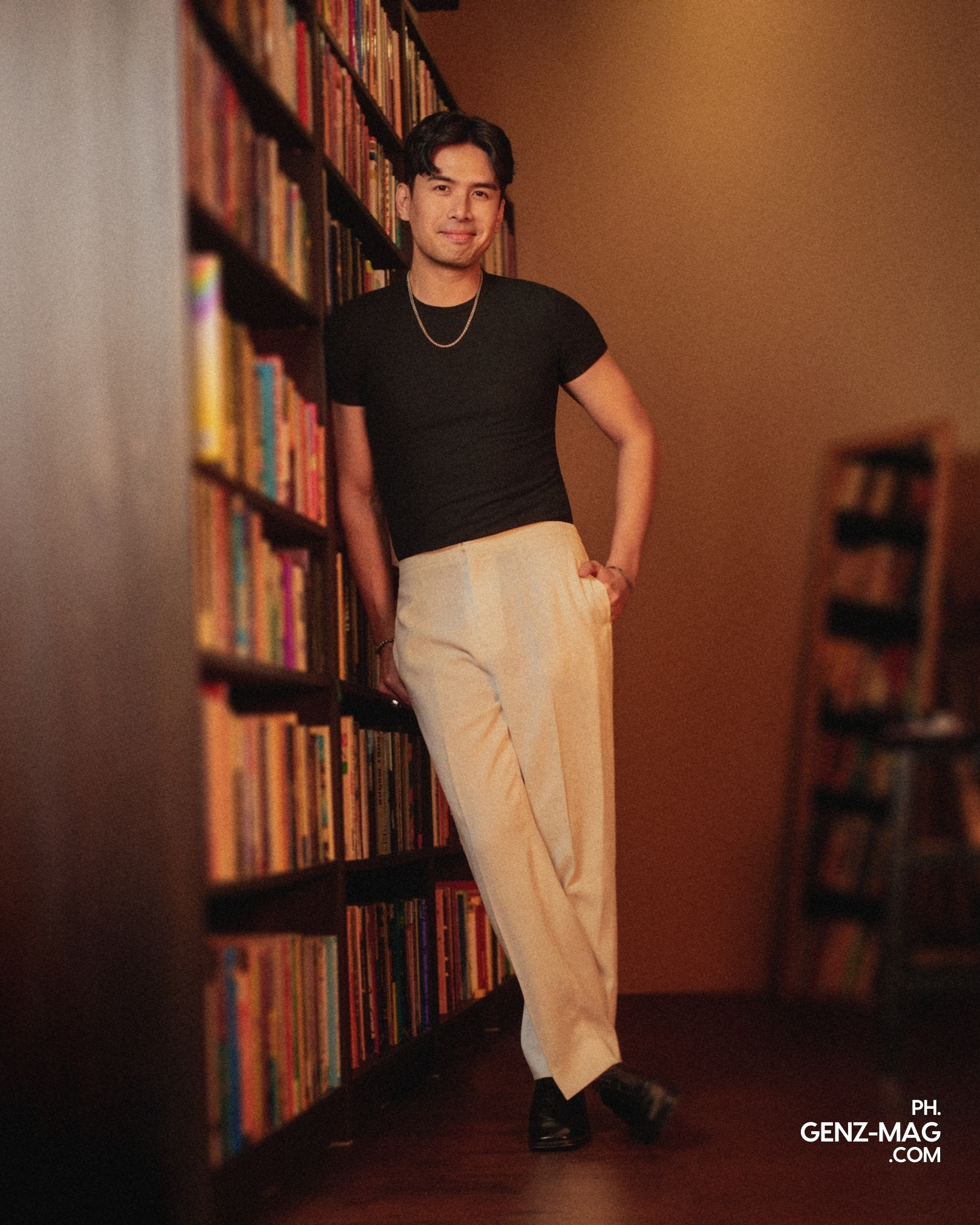
In this feature, Christian shares his journey of evolution, the lessons he’s picked up about creativity, collaboration, and survival in an ever-changing industry, and why finding your uniqueness might just be the greatest gift you can give yourself.
Reintroducing Christian Bautista
Christian’s journey in the spotlight started with a leap of faith. From singing in theater productions, he became a finalist in Star in a Million. His heartfelt ballads made him an instant favorite, eventually leading to hits that dominated radios and weddings across the 2000s with songs like The Way You Look at Me, Colour Everywhere, and Hands to Heaven. Fast forward to today, and he’s not only a recording artist but also a mentor and judge on GMA’s The Clash, guiding new artists who are eager to follow in his footsteps.

Much like his career, the way music is made has also transformed. Christian has witnessed this shift firsthand, having lived through multiple eras of production. “Ang difference now is most producers, arrangers, songwriters. They have home studios. You don’t have to rent big studios anymore.” He reflects on how the democratization of recording has lowered costs without compromising quality.
These days, even Christian has his own home setups. He admits he’s not a master engineer or producer, but it’s enough for him to record tracks and send them digitally to his team. This shift from bulky tapes and CDs to today’s instant digital file-sharing highlights how much the industry has adapted.
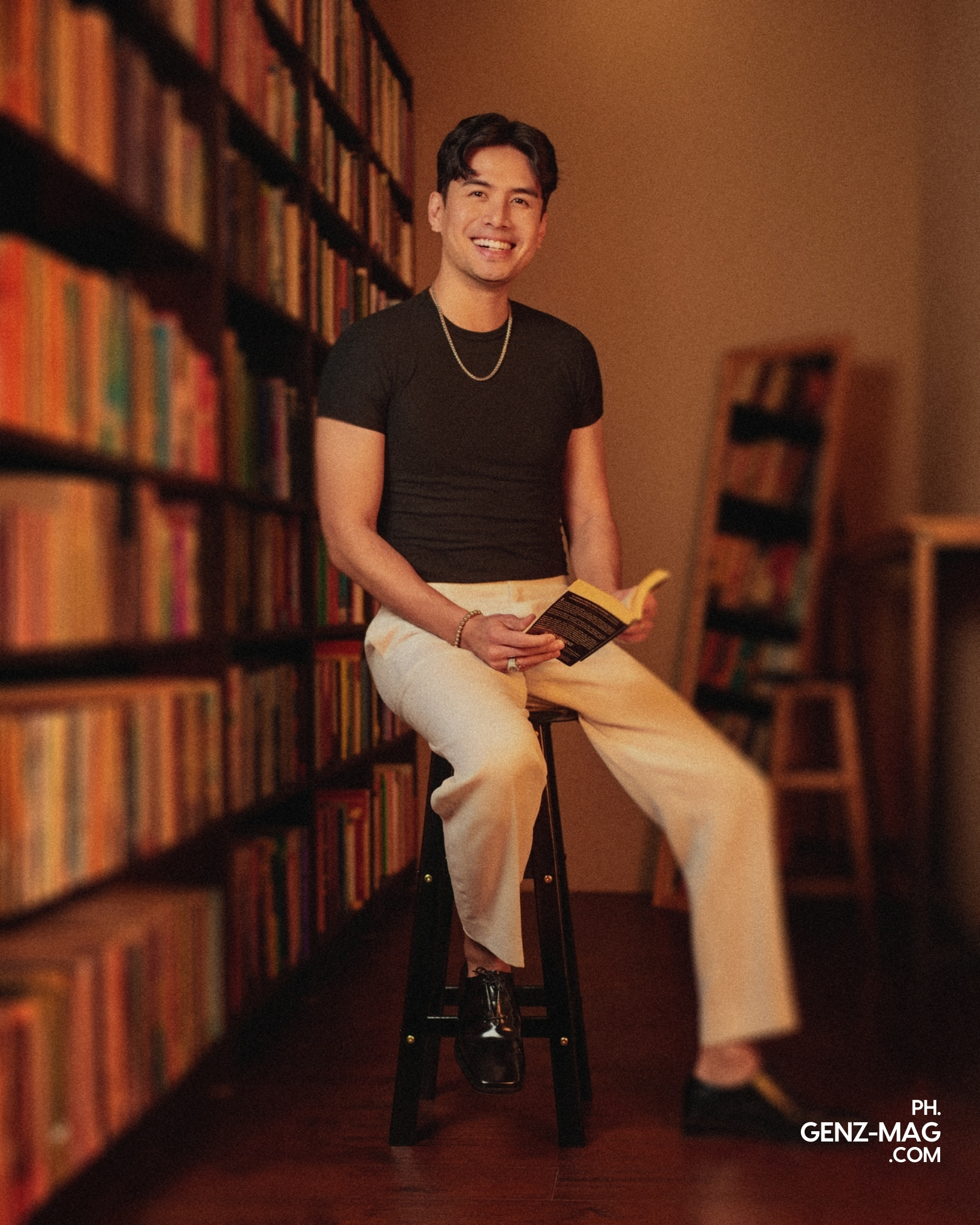
And yet, despite all these changes, Christian believes that there is no singular idea of a “golden era” of music.
“Kasi, every decade has its own golden era. ‘Yong Manila sound—that’s a beautiful era. Now, with all these new artists popping up everywhere, it’s also a golden era. I don’t want to fight between my golden era and their golden era. If music is becoming successful, whoever artist ‘yan, it’s a beautiful era.”
It’s this mindset that drives him toward collaboration rather than competition. From having the goal of doing hits in his early years, Christian now sees greater value in mentoring and creating with others. His role as a judge on The Clash gives him a chance to share wisdom but also to reintroduce himself—not just as a balladeer, but as a collaborator, coach, and listener.

On top of all the recognition he’s received locally, Christian sees his international journey, particularly in Indonesia, as one of his life’s greatest blessings. “One of the biggest blessings in my life is Indonesia. I was able to perform there and release my music there. And even up to now, in a few weeks, babalik ako doon to sing and perform again.”
From contestant to international performer, from artist to entrepreneur—running his own talent management and digital marketing ventures—Christian proves that reinvention is more than just surviving the industry. It’s more about growth. Today, his challenge is adapting to the digital-first, social-media-driven generation of artists while staying authentic to his voice and identity.

Hard Work, Partners, and a Place in this World
In an industry where trends move faster than ever, staying relevant can definitely feel overwhelming. Algorithms decide reach, and audiences have shorter attention spans. For Christian, bridging that gap requires strategy, humility, and creativity.
“So, I’m not a dancer. Pero sa TikTok, more than half of the videos are all about dance. So, I still want to reach a bit of that market. So, what I would do is, with my team, para makapantay kami, we strategize.”
His workaround is actually very simple but totally effective. Sometimes, he’ll post a video where he only does the first step of a trending dance. It leaves people curious, wondering if he’ll go further—and in that curiosity, they discover more of his content. “Siguro, if I train for months and months and months, then I can do very well in the dance. Pero, I’m a balladeer. Hindi naman siya dance. That’s how I sort of merge the two generations.”

This blend of playfulness and strategy doesn’t just apply to TikTok. It’s also how he approaches making music.
“Sobrang galing lang ng mga tao ngayon. Create and release agad. I started out kasi singing other people’s songs. So now, parang ako, in this next phase of my life, I want to put more of words, my lyrics, and the music. I take a long time. I gather lyrics, and I put them in my phone. I gather melodies. I put it in my phone. I make one because I have a producer to approve it. I’m very collaborative.”

Christian admits he rarely insists on getting his way. “Minsan lang ako mag-push na ‘hindi dapat ito.’ Although there are artists na talagang super talented na, it really works. Pero ako, I’m very collaborative and I listen naman.” When his ideas get rejected, he admits that it really does sting. But instead of shutting down, he asks how to improve. Because at the end of the day, it’s the producer and management or the label that knows the business more.
Still, there are moments when his heart tells him to go for it—especially when he truly believes in a song. In those times, he’s willing to shoulder the costs himself, regardless of whether it becomes a hit. For him, artistry means taking risks for the things you believe in.

And in this era of TikTok resurgences, Christian also understands that success doesn’t always happen instantly. “Sometimes it would take years,” he notes, pointing to how older songs suddenly find new life online. That’s why patience and trust in the process are essential. Looking back, he even wishes he could have told his younger self to write more songs early on, building a stronger personal catalog. “Going back, siguro I would have told myself to write more.”
Having sung since he was seven years old—from church choir to theater to reality competitions and finally to international stages—Christian has lived through the highs and lows of this industry. His advice for those starting is both practical and heartfelt: “May hirap siya sa contest. May hirap siya pagkatapos ng contest. Hindi ka sure na pag nag-release ka, hit na. It really takes hard work, proper partners, and a sense of your place in the world.”
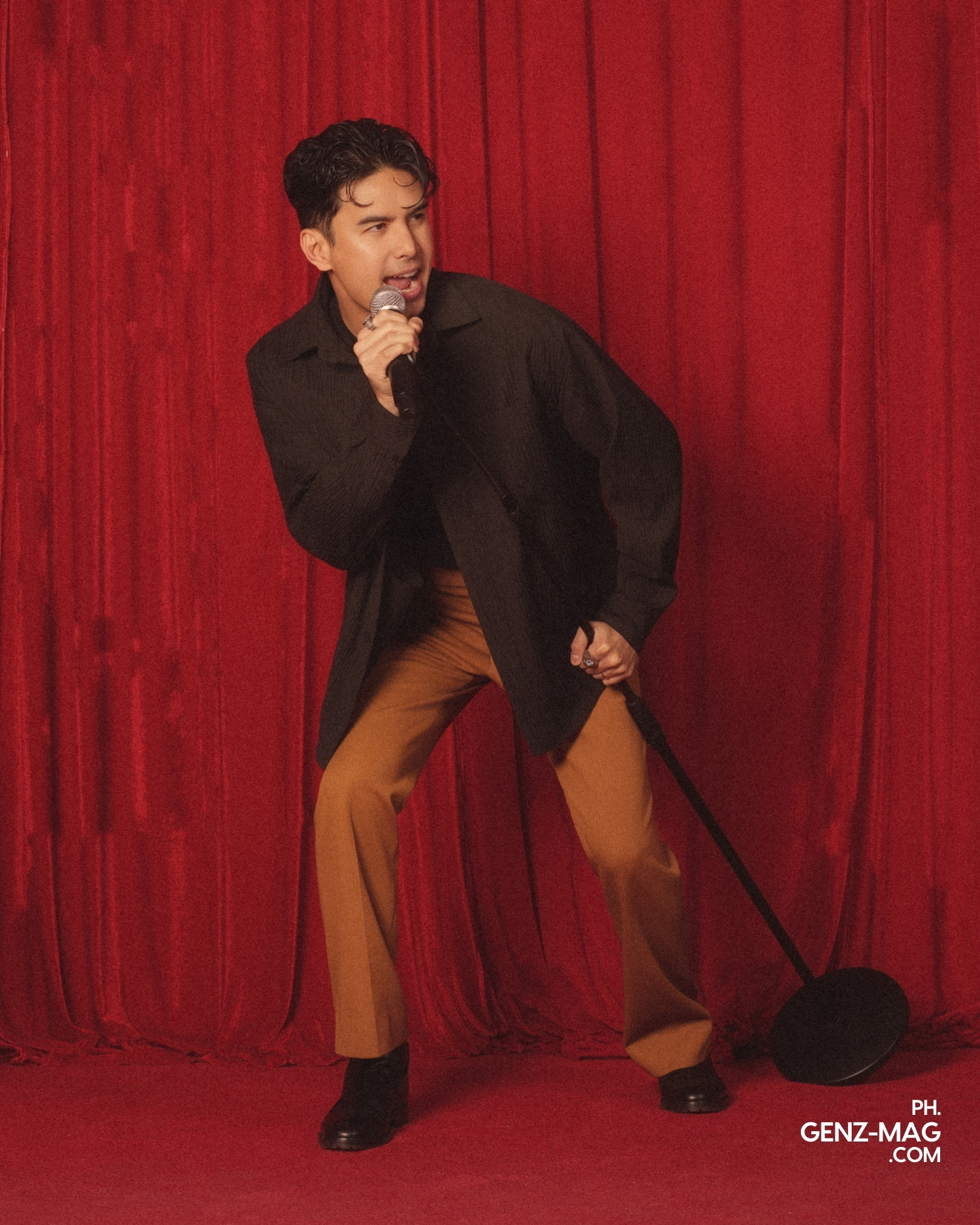
For him, the key is balance. Yes, chase your dreams. But don’t gamble everything blindly. “Mag-business ka. Tapusin mo ‘yong pag-aaral mo. Huwag mo masyadong gutumin ang sarili mo.” Truly, it really does take resilience, adaptability, and good partnerships to survive in this complex industry.
Finding Your Avenues and Uniqueness
When the pandemic hit, Christian, like many artists, had to rethink everything that he does as an artist. With live shows canceled, he turned to livestreaming, both as a performer and as an entrepreneur. He even started a livestreaming agency to help other artists find income during the lockdowns.
“You really have to find your avenues. Huwag nating maliitin ang ginagawa ng isa. Pare-pareho tayo ng gusto. Magtulungan nalang. Let’s collaborate.”
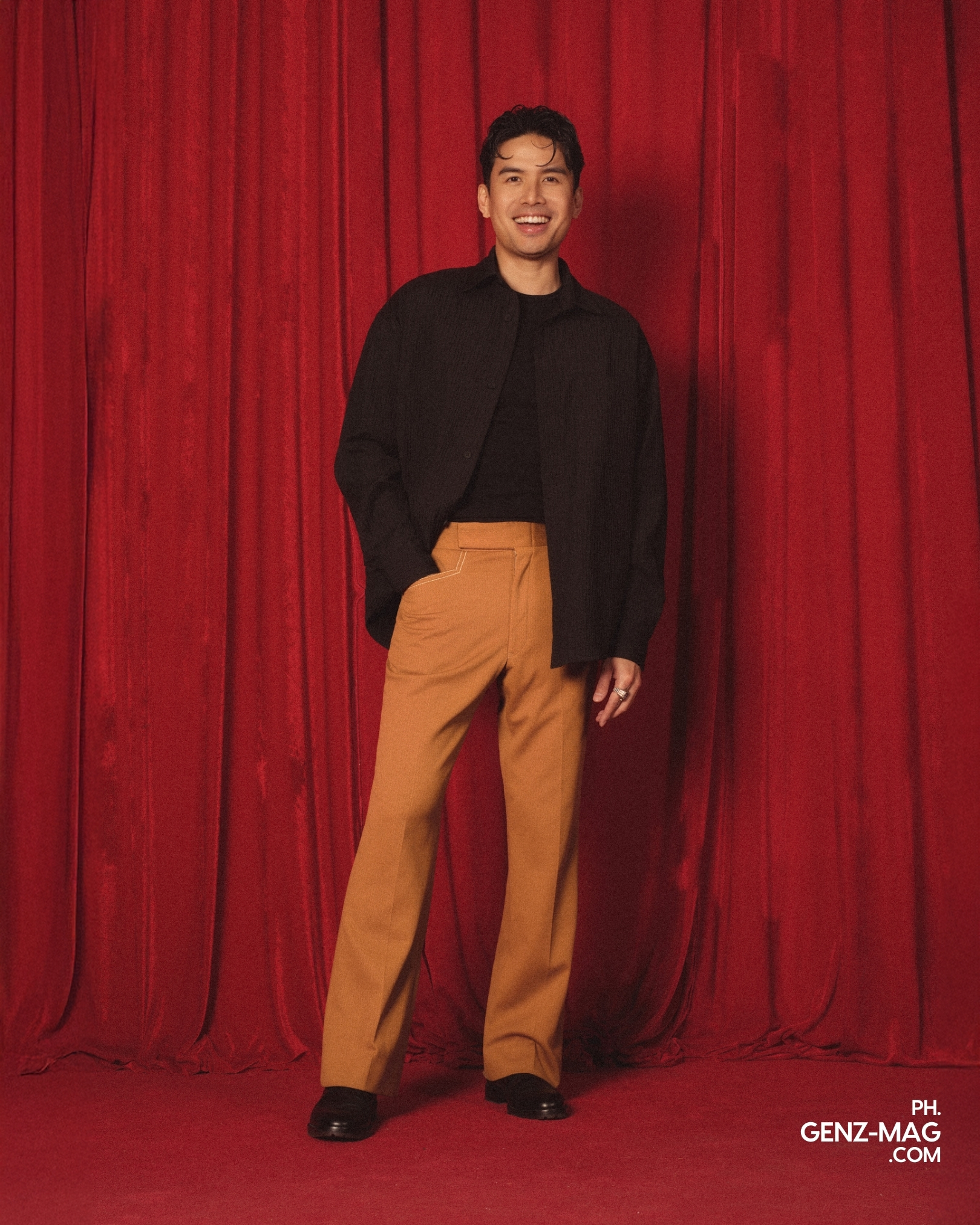
The pandemic was a wake-up call. It reminded him, just like the rest of us, that survival isn’t actually about competition but about helping one another. Success, Christian realized, wasn’t just about chasing hits anymore. It was about sustainability. Longevity. Who can stay the course.
And at the core of that sustainability is collaboration, not just with fellow artists, but also with loved ones. Christian credits his wife as a crucial partner in his journey. “She believes in me when sometimes I don’t believe in myself.” This support has helped him reintroduce himself across different platforms and to different audiences. From being ‘that balladeer’ of the 2000s to becoming a familiar face for Gen Zs and millennials on livestreams, Christian proves that reinvention doesn’t mean erasing who you were. It means building on it with the right people by your side.
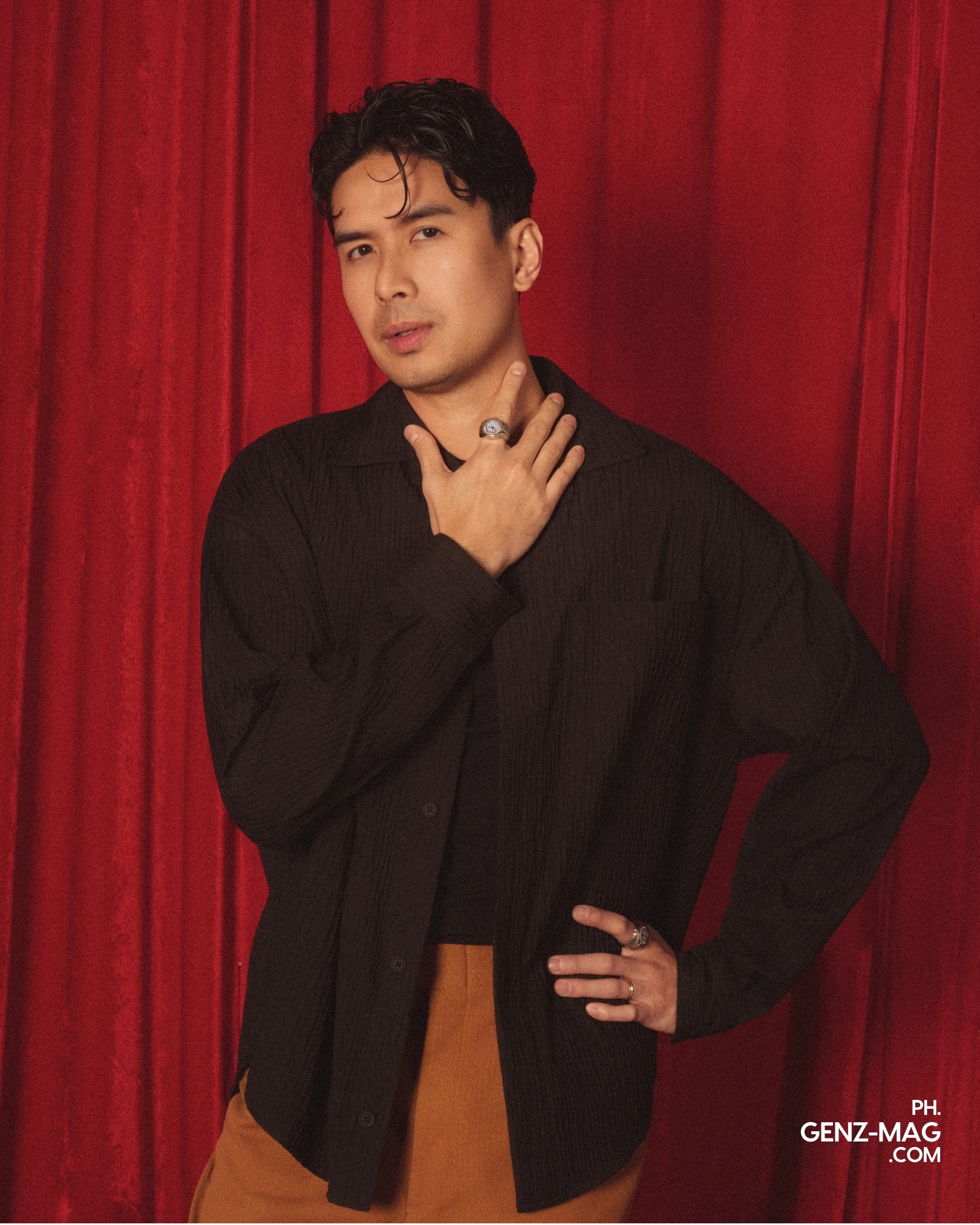
Looking back, he admits he almost took another path. After losing Star in a Million, he considered returning to his degree in landscape architecture or working in an office. But fate had other plans, and he kept his options open long enough for music to find him again. That openness—to try, to fail, to pivot—is what he encourages others to embrace.
“Mag-try ka sa music or whatever dreams you have.” But he’s quick to add: make sure you have a fallback. Whether it’s a stable job, a business, or a degree, it’s important to have safety nets. Passion and practicality can and should coexist hand-in-hand.

Christian Bautista’s story is proof that reinvention is not a one-time event. It’s an ongoing journey of learning, unlearning, and redefining. From CDs to Spotify, from theater to TikTok, from ballads to livestreams, he has navigated every shift with humility, grit, and openness.
For millennials, Gen Zs, and even younger generations, his journey is a reminder that we don’t need to have it all figured out. What matters is staying open to change, collaborating with others, and holding on to what makes us uniquely us. In a world obsessed with trends, algorithms, and instant validation, Christian’s words feel grounding:
“Find your uniqueness. Be the best that you can be para you don’t have to look for them. They will look for you.”

And maybe that’s the kind of reinvention we all need—not to chase what’s fleeting, but to build something lasting, rooted in our own voice, and shared with others along the way.
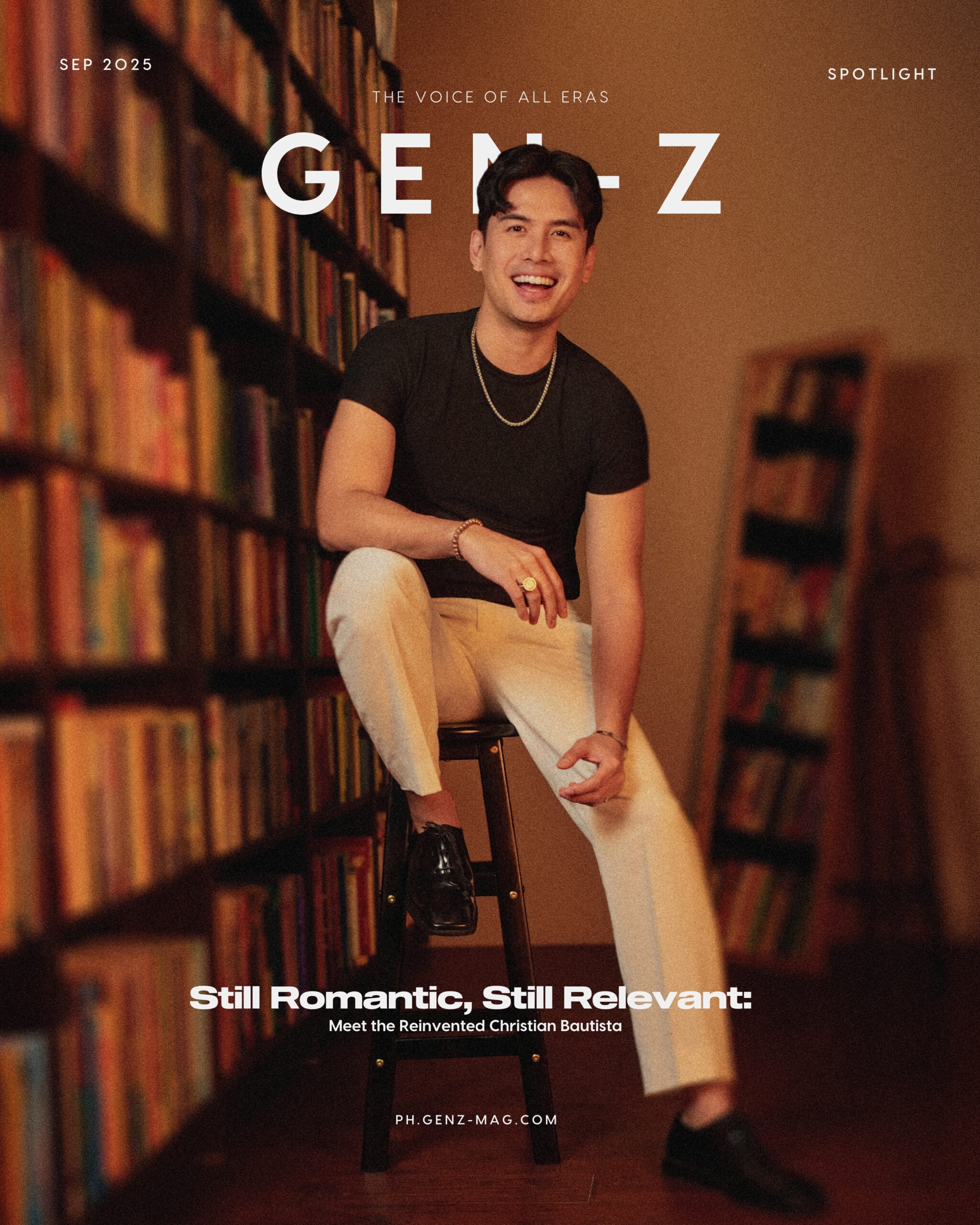
Creative Direction & Photographed by Em Baun
Photographed at: Midnight Dream Studio
Hair & Makeup: Jia Enciso Catu
Stylist: CHEN
Special Acknowledgement to NYMA Talent Management
Video: Mary Jane Manglicmot | Assisted by: Antonette Duka
Shoot assisted by: Junko Bartolo, Nami Padilla, Kassandra Baria, Ayi Gamutan, Gorg Elbert Flores, Bon Giovani Pineda
Overall Coordination: Angel Altura | Niccole Mendoza

